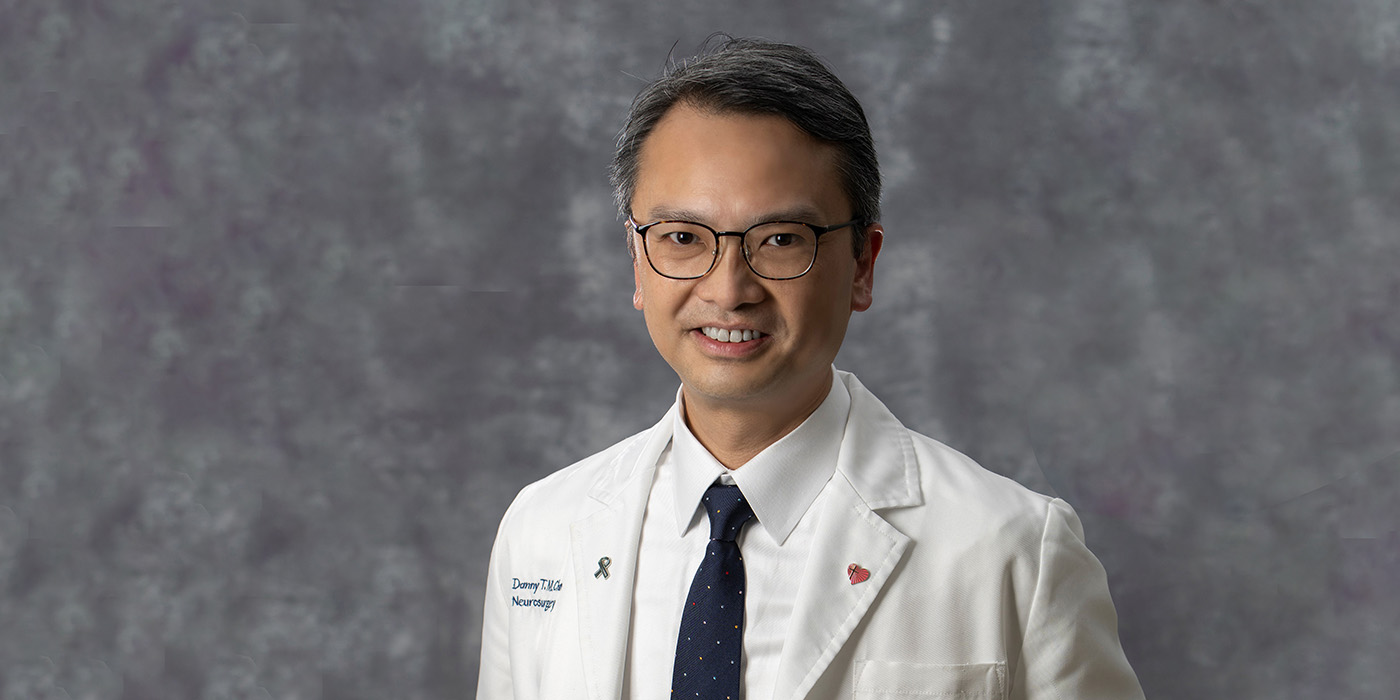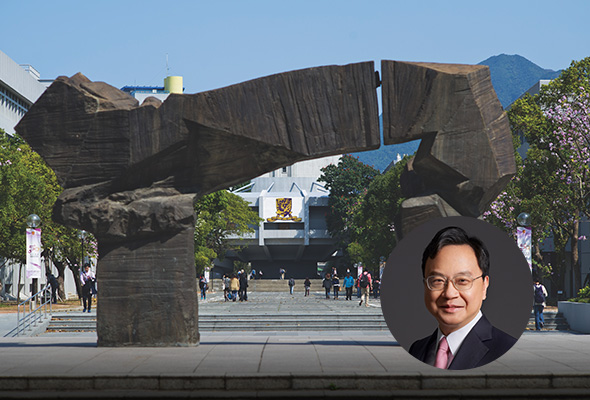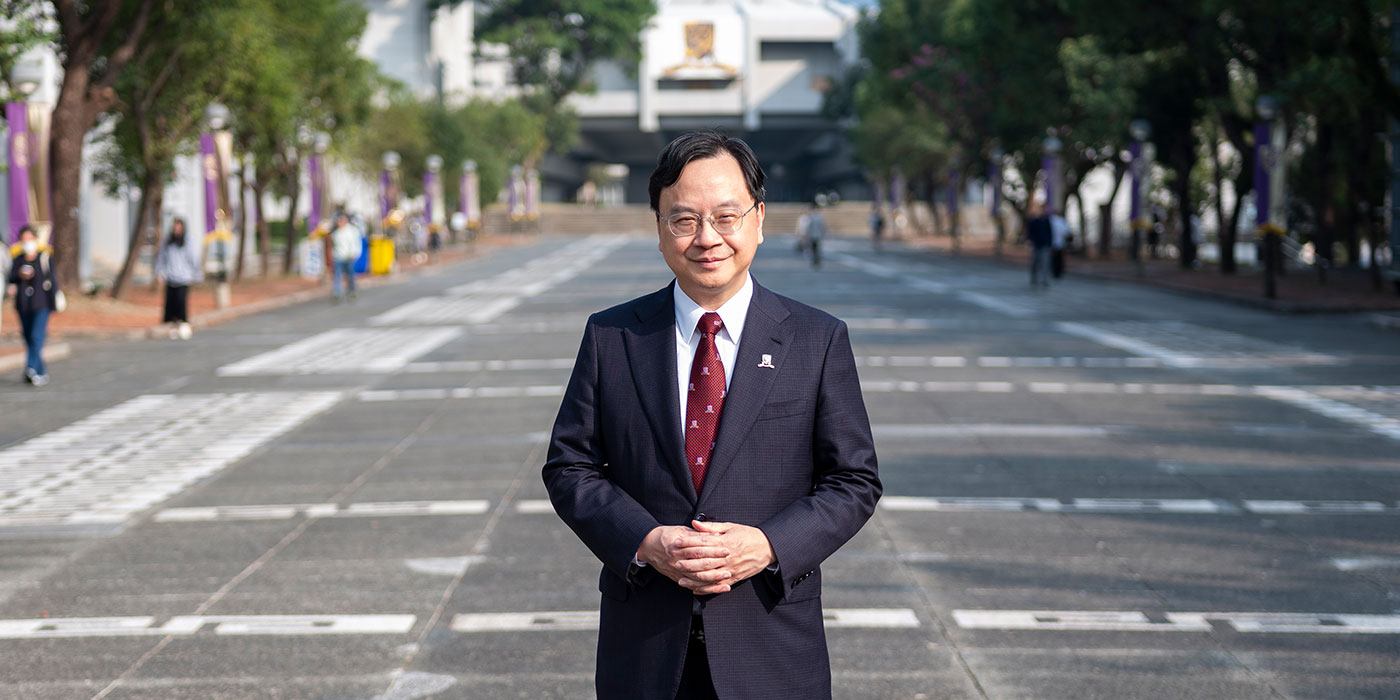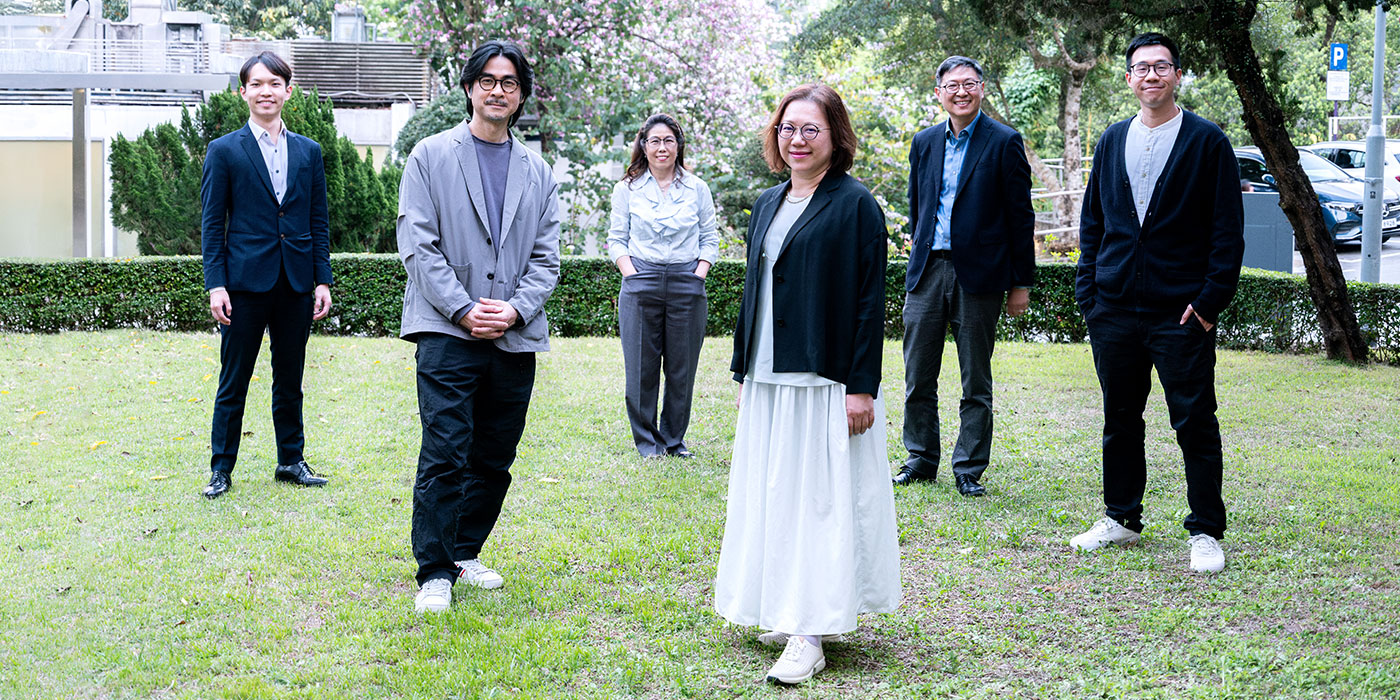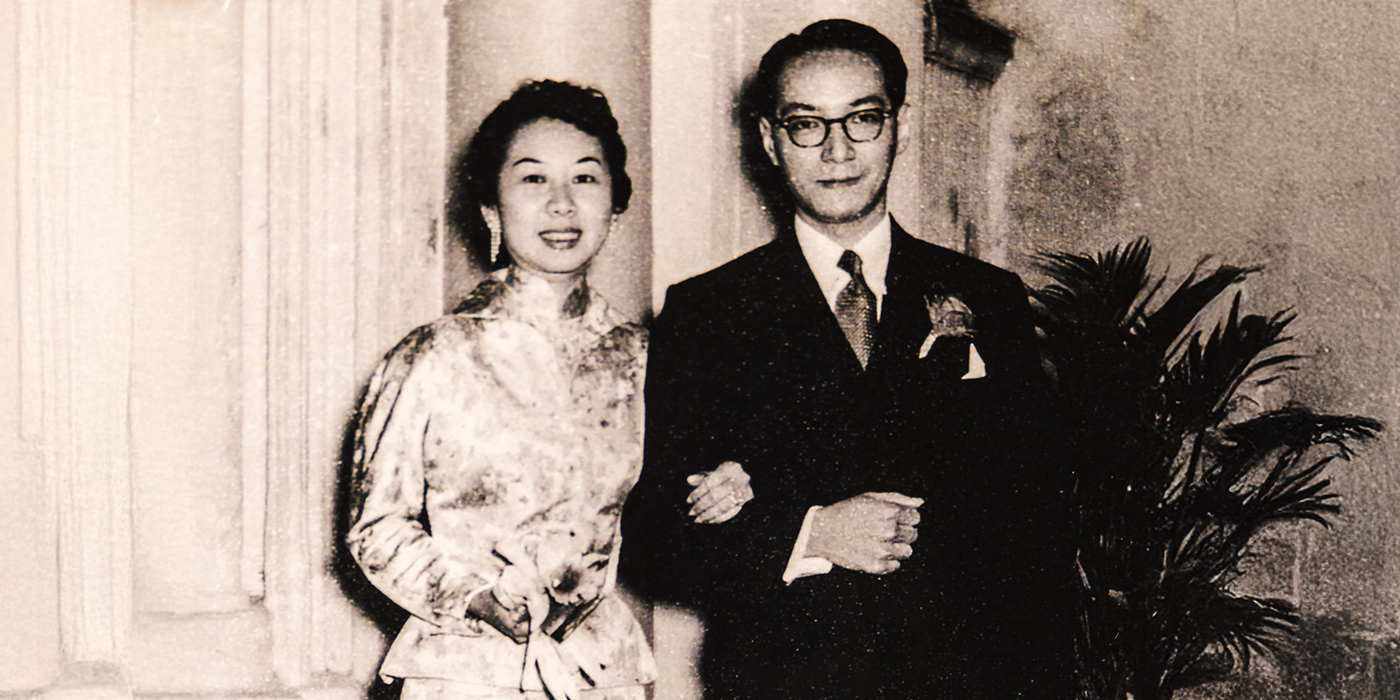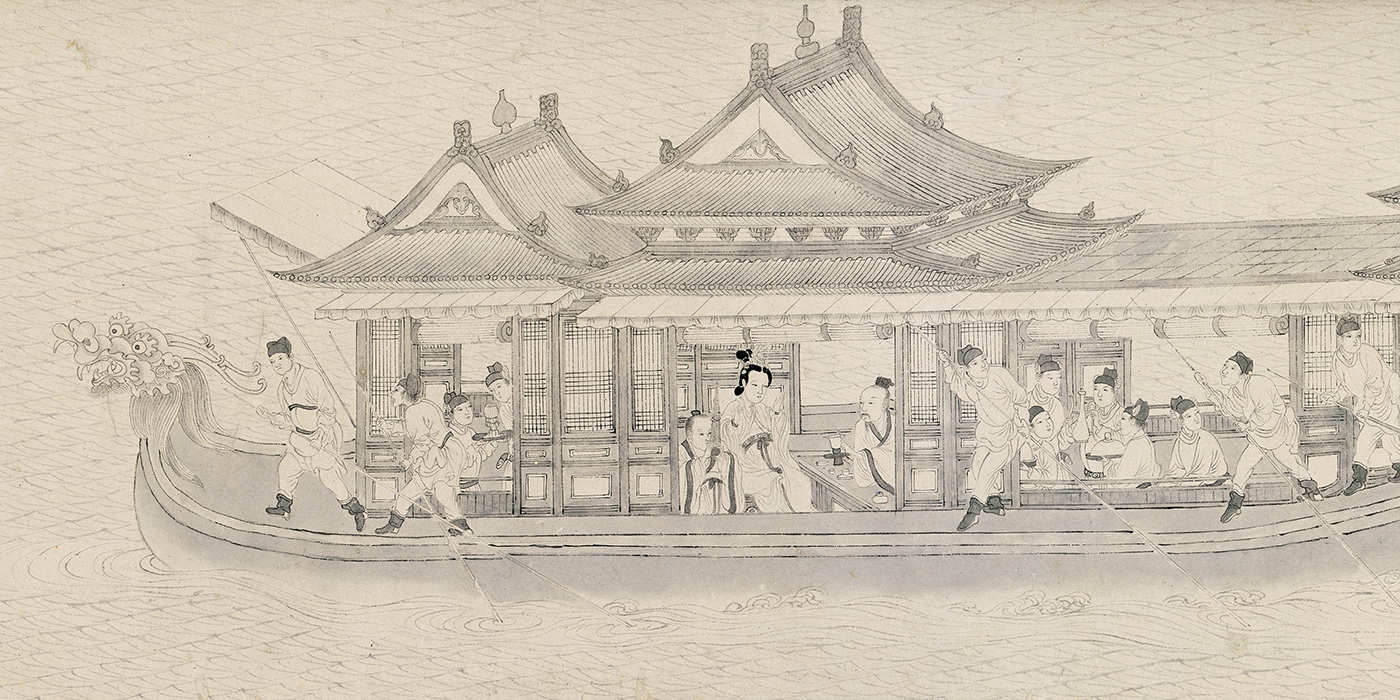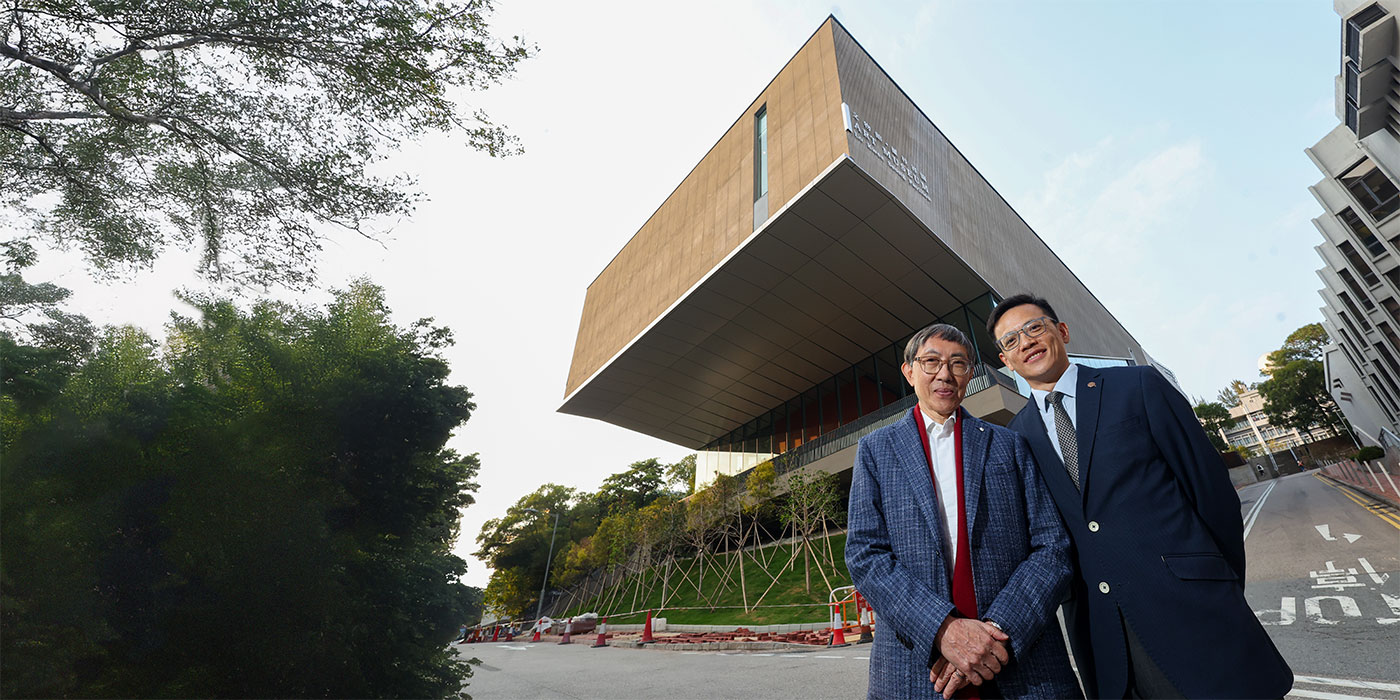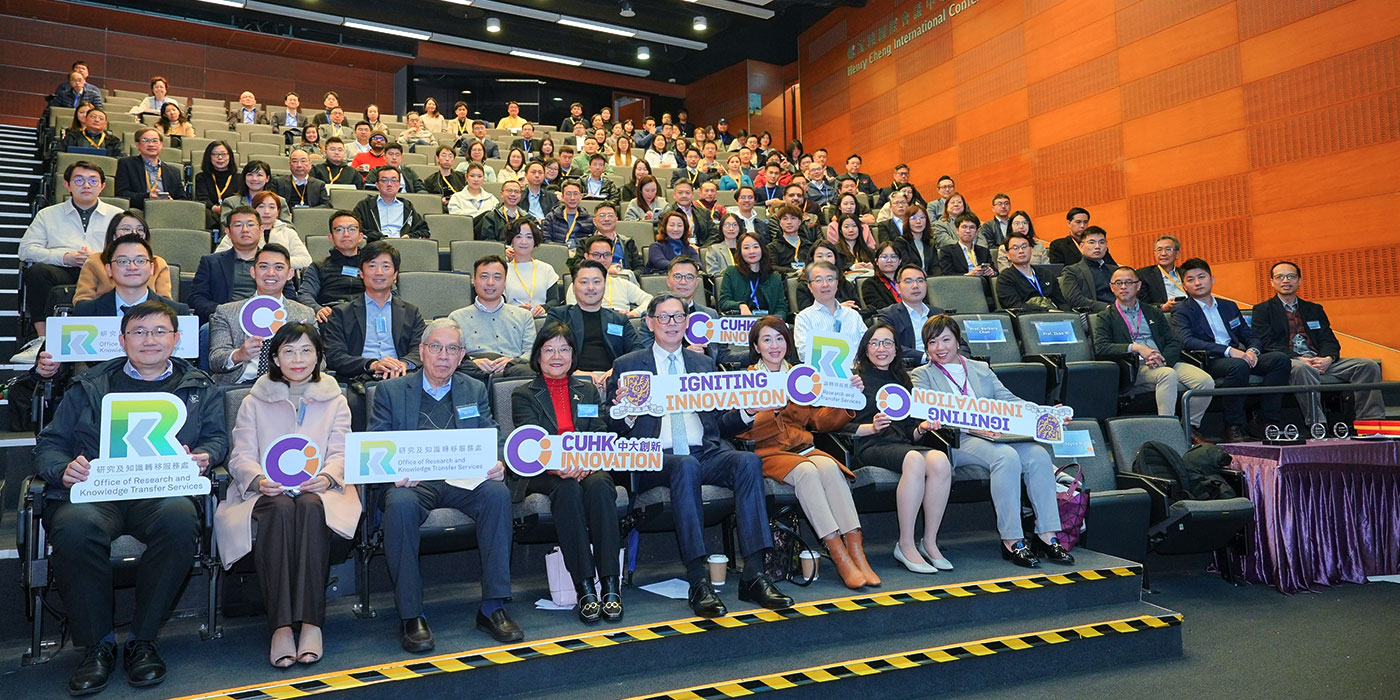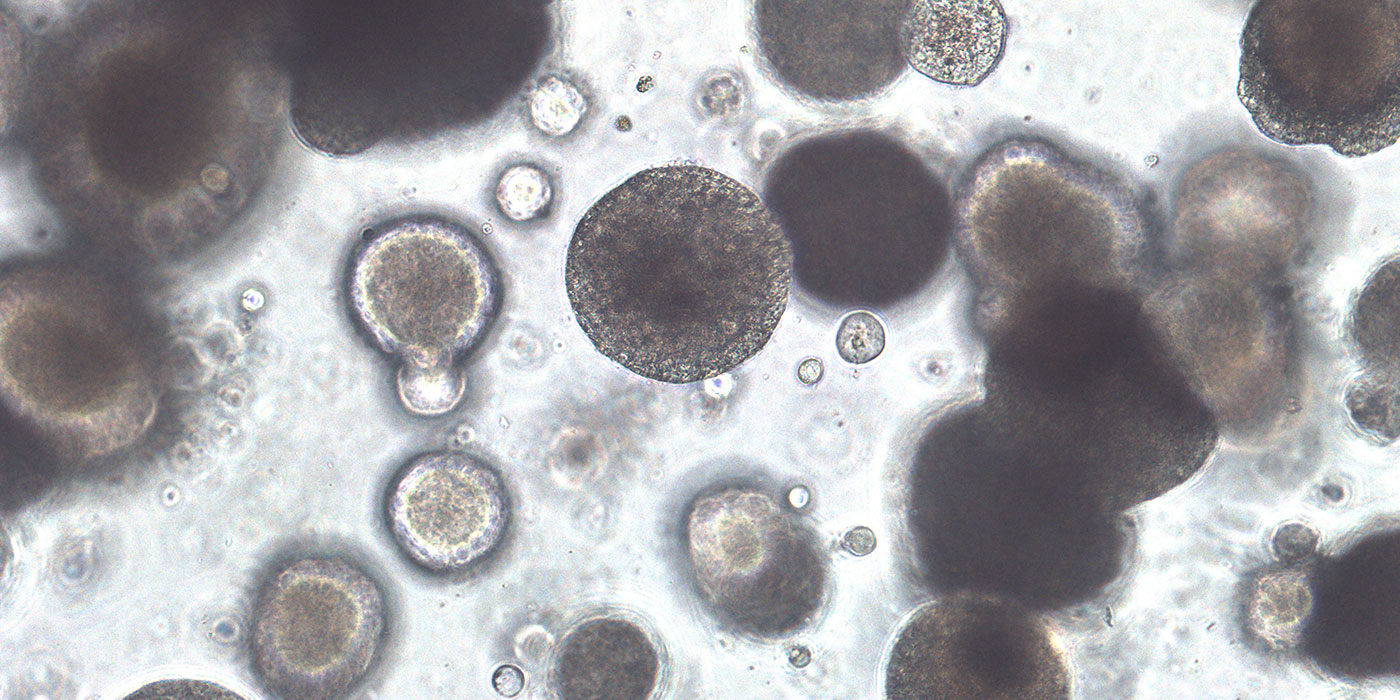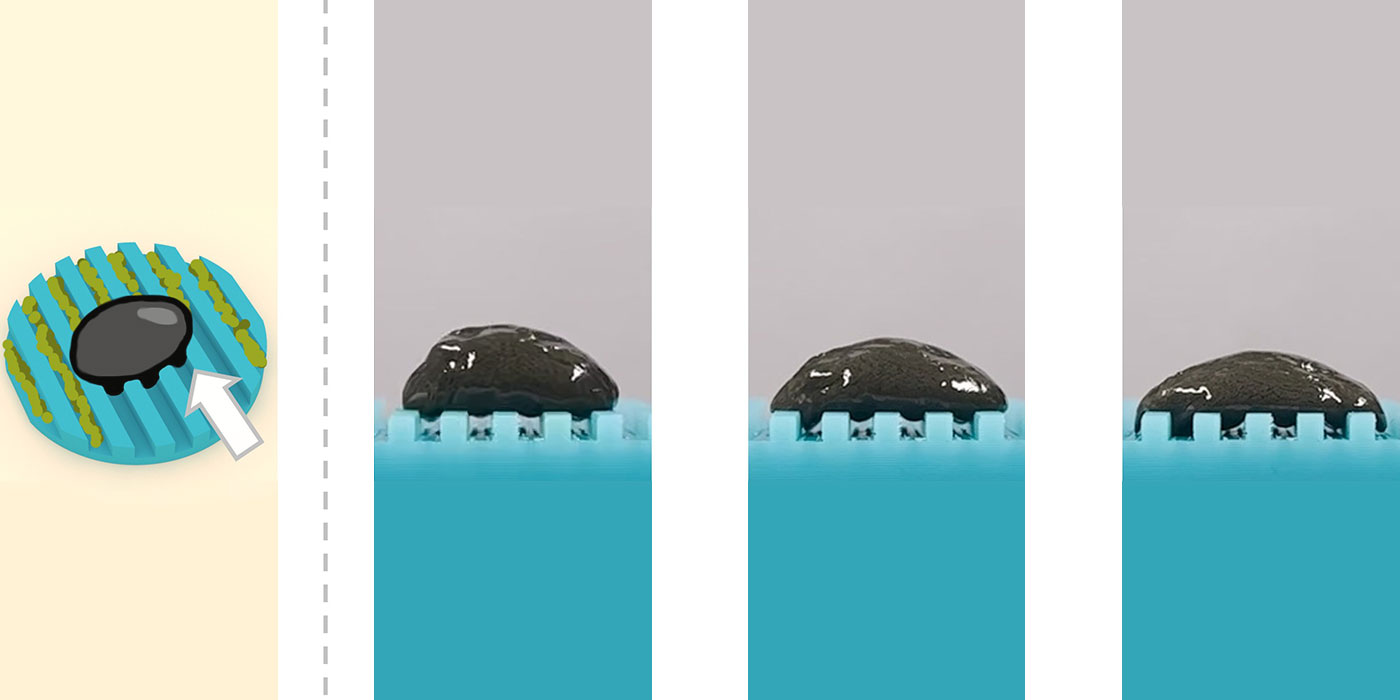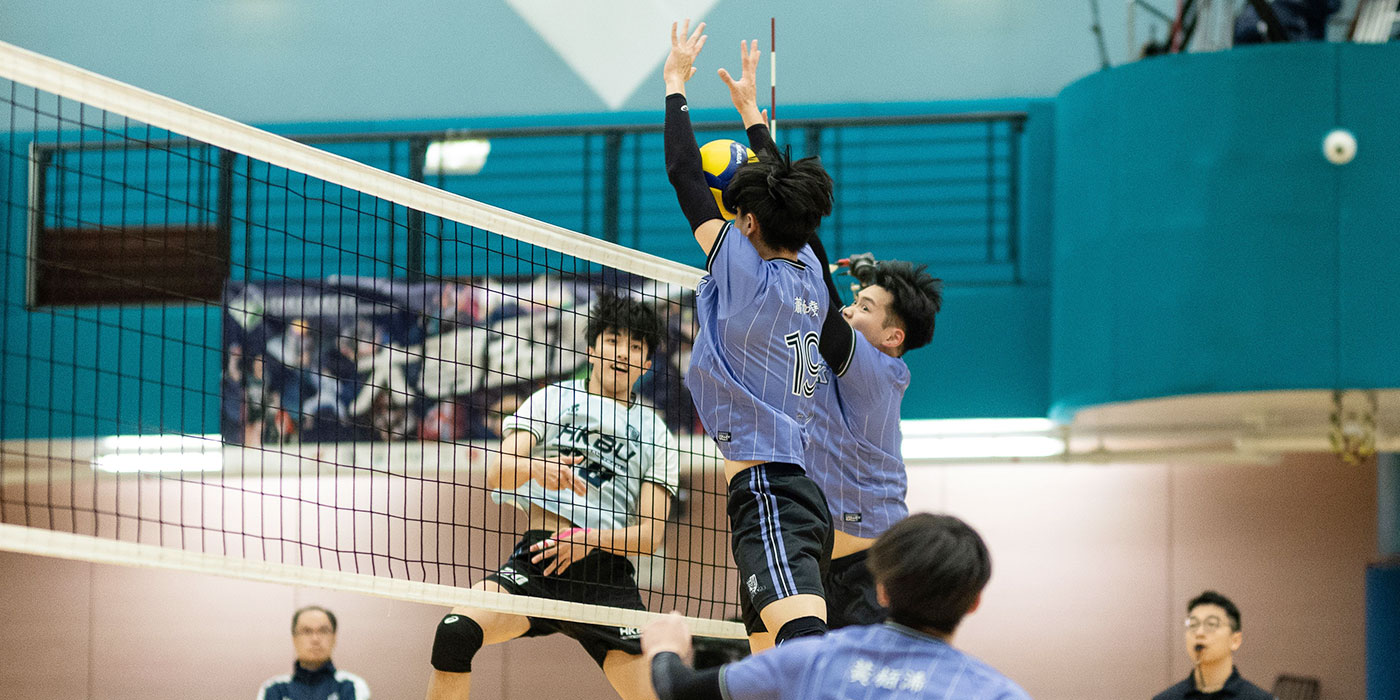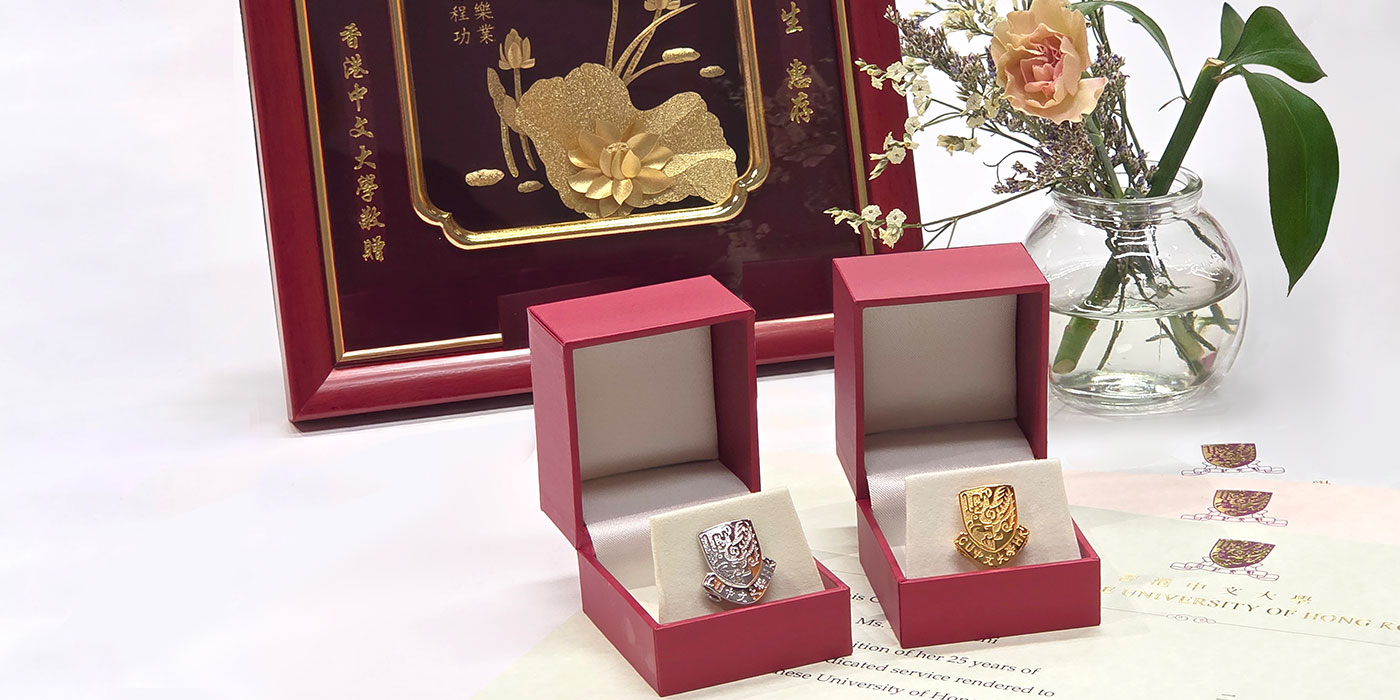Dr Danny Chan Tat-ming
CUHK scholar awarded first BOCHK Science and Technology Innovation Prize in artificial intelligence and robotics
Dr Danny Chan Tat-ming, honorary Clinical Associate Professor in the Department of Surgery, has received the first BOCHK Science and Technology Innovation Prize (STIP) in artificial intelligence (AI) and robotics. The Prize aims at rewarding outstanding scientists and research teams who have made significant contributions to science and technology innovation, as well as the transformation of scientific and technological achievements in Hong Kong.
The other winner of the prize is Professor Liu Hongbin, Executive Deputy Director of the Centre for Artificial Intelligence and Robotics (CAIR) at the Hong Kong Institute of Science & Innovation-Chinese Academy of Sciences (HKISI-CAS), and a Professor at the Institute of Automation, CAS. The two jointly developed MicroNeuro, a flexible endoscopic robot for minimally invasive brain surgery, and successfully carried out the first cadaver experiment with it in Hong Kong. They proved that the robot can complete all the required surgical steps under minimally invasive conditions.
Pro-Vice-Chancellor Professor Sham Mai-har said, “CUHK has been recognised as world-leading in AI and robotics research. Dr Chan’s award of the BOCHK STIP in the field of AI and robotics adds another impressive achievement. The robot successfully developed by Dr Chan and Professor Liu integrates technologies including flexible endoscopy, precision control and AI to address neurosurgery challenges introduced by the fragile brain tissue, small space, and difficulty in surgical manipulation, enabling difficult brain operations previously limited by the capabilities of the human hand and the naked eye. I hope that the robot will be used in clinical applications as soon as possible, helping to alleviate the suffering of many patients, and saving lives.”
Using MicroNeuro, neurosurgeons only need to create a single skull burr hole, no larger than 5mm in diameter. They can operate the flexible endoscopic robot to reach the deep brain under the guidance of augmented reality (AR) and virtual reality (VR), and perform surgery safely and precisely. It has addressed the surgical difficulties of reaching deep brain lesions through a single linear trajectory, and surgical manipulation in a small space under the minimally invasive paradigm. The robot tip can achieve precision control at a sub-millimetre level, while avoiding brain tissue damage to the greatest extent possible.
Minimally invasive surgery is becoming the standard of care and patient preference. MicroNeuro opens up a new path for the use of robots in neurosurgery. It increases the possibilities, going from single-track alignment neuro-robots to flexible multi-modality neuro-robot, and with enhancement by AR/VR, the development of neuro-robots will accelerate and flourish. This makes Hong Kong an international leader in robotic neurosurgery research and demonstrates the city’s important role in the world of both medical robot research and clinical research for neurosurgery.
Dr Chan graduated from CUHK’s Faculty of Medicine in 1995. He is currently the Head of the Neurosurgery Division at Prince of Wales Hospital and the co-Director of the Otto Wong Brain Tumour Centre. His areas of interest include glioma surgery, neuro-oncology and functional neurosurgery (stereotactic neurosurgery and deep brain stimulation).
Dr Chan’s multi-disciplinary work in neuro-oncology and functional neurosurgery has been recognised locally and internationally with the establishment of the CUHK Otto Wong Brain tumour centre, the combined neuro-oncology clinic, the annual Brain conference, the Mr. Otto Lien Da Wong visiting professorship in neuro-oncology, the combined movement disorder clinic and the Deep Brain Stimulation program.
His collaborations have extended to medical bio-engineering in recent years. He is collaborating with the medical bio-engineers of various Hong Kong institutes (HKU, CUHK, HKUST and CAIR) on stereotactic neuro-robots, novel cellular imaging techniques and AI precision therapeutics. His team was awarded both the best paper award in Medical Robotics and the best Conference paper award at the IEEE international conference on Robotics and Automation-ICRA 2018 (Brisbane, Australia), as well as a Bronze medal at the 2022 special edition of the Geneva International Exhibition of Inventions.

